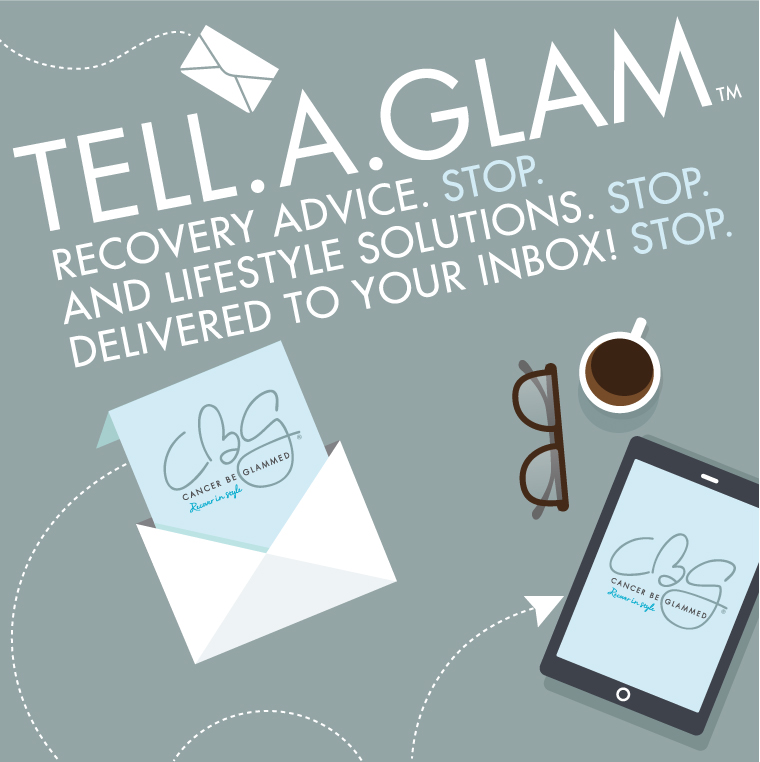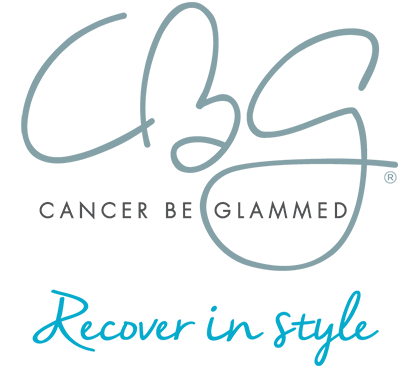Parenting Teens While “Doing” Cancer
The greatest gift we can give our children is not protection from the world, but the confidence and tools to cope and grow with all that life has to offer.* My failures and successes while helping my teens through my recurrent cancer convinced me of the necessity of establishing and maintaining open communication. My personal approach includes:
Telling the truth
Teens need and deserve to know:
- What’s happening. Share only the most basic information, explained on their level. Add detail if they request more. If they want to hear nothing, tell them that you must share facts that affect them (e.g., “I’m having surgery on (date), and this is how we’ll handle getting you to school….”).
- What changes you expect and that there will be unexpected changes, too. Reassure that whatever happens, you and/or other adults will help them adjust.
- You (or someone else) will keep them informed of changes (good or bad) that affect them.
- Their needs matter and will be tended to.
Allowing teens to react
With any news or a change, your teen may respond with apathy, hysteria, or anything in-between. Steel yourself for any reaction. Look and listen for clues to what they need to deal with their changed world. Beware the seemingly unperturbed teen who makes your life easier. You may be seeing a child coping well…or hiding emotional turmoil for fear of upsetting you.
Stating the facts
“Cancer is not contagious. None of this is your fault.” Please, say it aloud. They may roll their eyes because they know it intellectually. They still need to hear it, especially if things get rocky or you look distressed, whether due to upcoming scans or spilled milk.
Clarifying the teen’s responsibilities
If not dealing with end-of-life, teens’ main “jobs” remain pursuing their academic studies and social growth. [Note: This means don’t lean on your teen as your partner or primary support, even if he or she seems willing and able.]
Maintaining routines
Familiar sameness brings comfort, even if the teen resists them. Make exceptions when needed or reasonable.
Creating new routines
Creating new routines that foster communication about the family illness (e.g., weekly 10-minute family meetings; short “holidays from illness” when you play a game or watch a show together with no cancer talk allowed.)
Expecting regression
Backsliding is a normal, adaptive response to stress. See it as a cry for extra attention and nurturing needed to adjust. Respond with compassion, not scolding. That said, academic failure or irresponsible behavior is never an acceptable response.
Ensuring your teen has an adult to lean on
Find a trusted adult whom your teen would feel comfortable confiding in, and then read in that adult (teacher, coach, uncle, spiritual leader, etc.) on what’s happening and how you want things handled.
Asking for and accept assistance
Preserve your energies, physical and emotional, to leave extra for difficult open communication through rough times…and for moments of loving, joyful escape. They need it. You need it.
Fostering hope
Help them find good things to hope for, whether related to your illness, the changes at home, or their life independent of the family. Hope is oxygen for the soul in hard times.
What makes the teenage years especially challenging is the tension between the teen’s developmental life task of separating from home while feeling pulled back home by the illness. The stakes are greater, too, if teens fail academically, lose friends, or escape the stress with drugs or sex.
Get professional help ASAP if:
- In doubt about anything regarding your teen.
- About to undergo risky and debilitating treatments.
- The short-term prognosis is poor.
Whatever problems you face (and there will be problems along the way), remind yourself and your teen that none of the stress and loss is your fault; it’s the cancer’s fault.
My hope for you is that this approach helps you find an approach that works for your family, bringing you even closer together than ever.
* Excerpt from the special chapter on teens in When a Parent has Cancer. A Guide to Caring for Your Children.

Wendy S. Harpam, MD, FACP is a doctor of internal medicine, 32-year cancer survivor, best-selling author, nationally recognized speaker and patient advocate. Read her Survivor Story and visit Wendy’s website for her latest blogs, books, and activities.
We appreciate Dr. Wendy Harpam allowing us to share this blog which originally appeared on the website, Docancer.org. Parenting is challenging in the best of times, even more so while coping with cancer. For more helpful parenting advice, read the informative blogs in our series, From One Mother to Another. Thanks Moms!







